
A Song in Your Heart
Who doesn’t want to be happy? Who wants to be depressed? Who doesn’t want an adequate livelihood? But what do we do when we just don’t feel happy?

One of the most moving experiences I ever had was as a soldier on an army bus, being transported from my home base somewhere in the center of Israel to the northern front where hostilities were erupting. We were on the way to dangerous mission, much more perilous than we realized at the time. There were about thirty of us on the bus, each with full gear and ready to go.
We were nervous to say the least. I hadn’t smoked a cigarette for seven years, but my buddy sitting next to me put a Marlboro in my hand, so I too lit up. The pack of cigarettes made its way around the bus, and soon, almost everyone was blowing smoke rings in the air. We looked at each other and wondered which of us would come home on a stretcher or in a body bag. Such are the thoughts of combat soldiers, shaped from painful prior experiences.
No one said a word. No one dared intrude in the intimacy of a comrade’s contemplations. Well, the cigarette didn’t help much and the closer we got to our embarkation point on the Lebanon border, the more the knot in my abdomen – and in everyone else’s – tightened.
The silence was so thick that you could cut it with a knife. The tension was ever so tangible. All of a sudden, one of my comrades – a wonderful young man from a national religious background – started singing a tune of hope and encouragement, sung to the famous words of Rebbe Nachman of Breslev:
Kol haolam kulo, gesher tzar me’od; veha’ikar, lo lefached klal!
The whole world is a very narrow bridge; the main thing – have no fear at all!
Soon, the whole bus was singing Gesher Tzar Me’od. Kibbutzniks and agnostics alike, people who never saw the inside of a synagogue or an open Torah scroll, were now singing Rebbe Nachman’s strength-giving words. The melody built from a whisper to an unforgettable full-bodied chant. After about four minutes of singing, everyone became silent again. But we were truly no longer afraid.
Such is the power of a song in your heart.
The Sabbath when we read the Torah portion of Bshalach is known as “Shabbat Shira”, the Sabbath of Song, because this is the Torah portion that presents us with “Shirat Hayam”, the song that the Jewish people sang to Hashem after He saved them from the marauding Egyptians on the banks of the Red Sea.
Parshat HaMan, the episode of the manna, the Heaven-sent bread that sustained the Children of Israel for forty years while sojourning in the desert, also appears in this week’s Torah portion of Beshalach. The Gemara (tractate Pesachim 118a) asks why the juxtaposition of the manna and the splitting of the Red Sea. Rebbe Elazar ben Azaria answers that a person’s livelihood is as difficult as splitting the Red Sea. Intrinsically, he is telling us that our income is just as miraculous as the splitting of the Red Sea.
People wonder why they have such terrible financial difficulties. Many spiritual factors affect our income as stated in The Garden of Riches. Yet, Rebbe Nachman of Breslev gives us an important rule of thumb (see Sefer HaMiddot, money and income): When you’re happy all the time, you succeed, for joy is conducive to livelihood. On the other hand, sadness and depression destroys livelihood.
Who doesn’t want to be happy? Who wants to be depressed? Who doesn’t want a good and adequate livelihood? But what do we do when we just don’t feel happy and it’s so hard to smile?
The obvious answer is to learn emuna. Emuna is the key to genuine happiness. But what do we do in the meanwhile, when we need an emotional pickup here and now?
We put a song on our heart and a melody in our lips. Let me explain…
As a boy, I learned to play woodwinds. For years, I didn’t touch a musical instrument. Several years ago, I rediscovered my music by way of the heavenly tones of the Native American flute. Here’s what happened:
By the end of a typical day, I have usually answered dozens of emails from people with excruciating tribulations. I love people and take their troubles to heart. Like everyone else, I have my own baggage too. Without hitbodedut, my daily hour of personal prayer, the emotional strain would finish me off in a short time. I really need to speak to Hashem for at least two hours a day, but with the demands on my time, the required one hour must suffice. But, this one hour has to be utilized to the hilt.
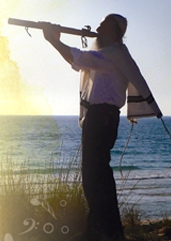 By best personal prayers are the ones I sing with my own melodies. They reflect my prayers and the surroundings from where I prayed. You can hear them in my album Calming Waters.
By best personal prayers are the ones I sing with my own melodies. They reflect my prayers and the surroundings from where I prayed. You can hear them in my album Calming Waters.
At the end of the day, after learning a page of Gemara and before saying Kriyat Shema, I take one of my flutes and play the melody that I used to sing to Hashem earlier that day. I then go to bed with a smile on my face and fall asleep within thirty seconds.
During the day, when pressures build up or when I begin tasting the slightest taste of melancholy in my mouth, I put a song on my heart and my mood does a one-eighty. This ploy worked on the way to the war front in 1982, and it still works for me today.
Put a song on your heart too whenever you need a quick left. King Saul, Deborah the Prophetess and Elisha the Prophet all did when they were down (see Samuel I 16:16, Kings II 3:15 among other sources). It works. Even if you don’t play a musical instrument, hum your favorite melody or listen to your favorite music. Pick a melody that your mind associates with happiness.
Once we put a song on our hearts, we remember Hashem. And once we remember Hashem, we remember that everything is for the very best. Now we can really smile.


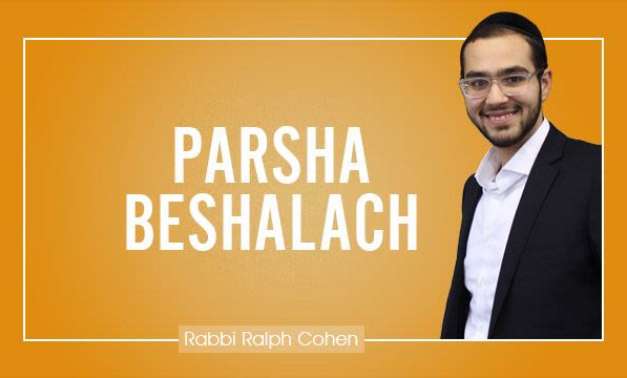

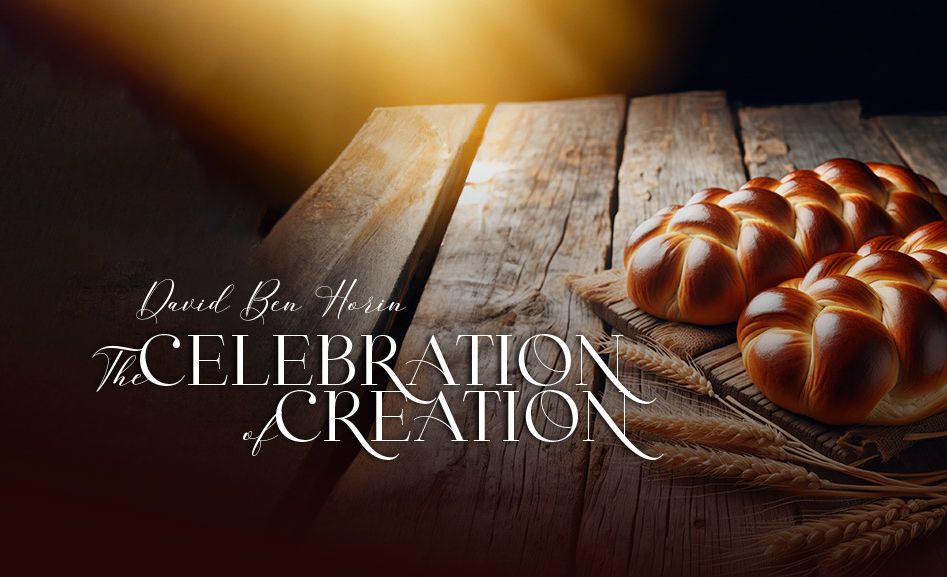
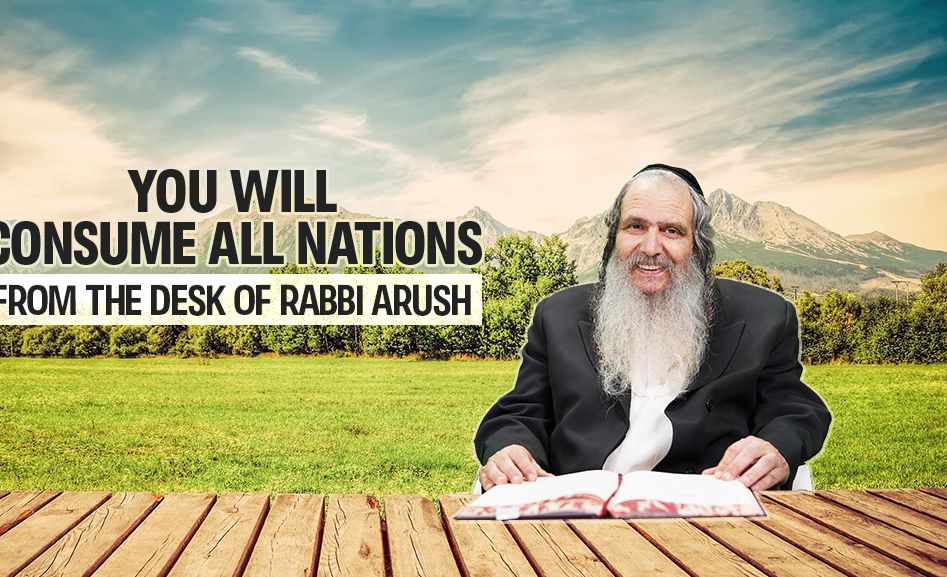
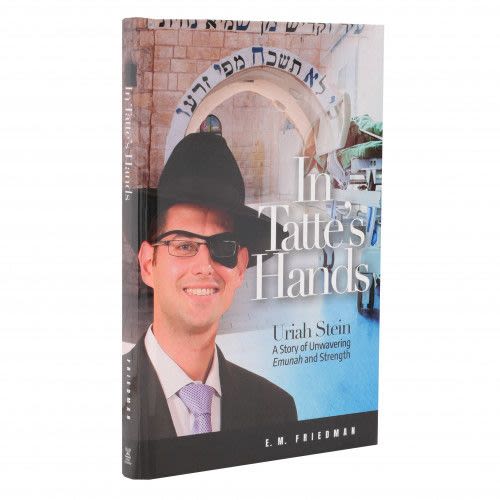

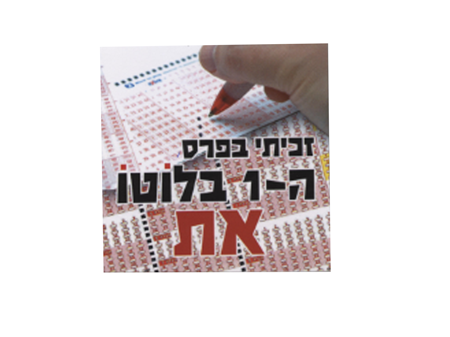

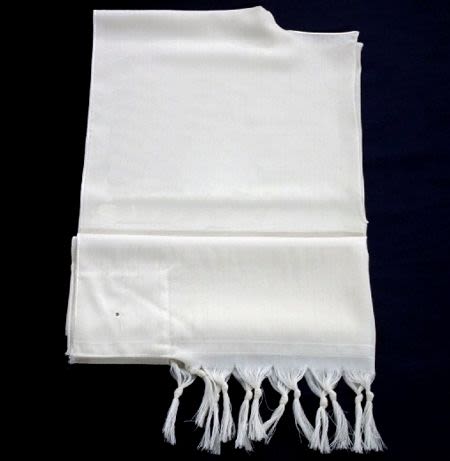
Tell us what you think!
Thank you for your comment!
It will be published after approval by the Editor.